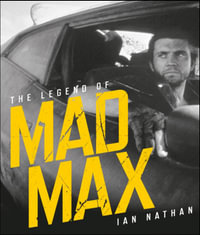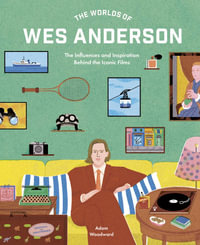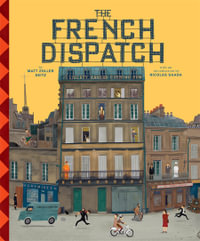In the late 1920s, Dmitry Shostakovich emerged as one of the first Soviet film composers. With his first score for the silent film the New Babylon (1929) and the many sound scores that followed, he was positioned to observe and participate in the changing politics of the film industry and negotiate the role of the film composer. In The Early Film Music of Dmitry Shostakovich, Joan Titus examines the scores of six of Shostakovich's films, from 1928 through 1936. Instead of investigating Shostakovich as a composer, a rebel, a communist, or a dissident, as innumerable studies do, Titus approaches him as a concept in itself-as an idea-and asks why and how listeners understand him as they do.
Through Shostakovich's scores, Titus engages with the construct of Soviet intelligibility, the filmmaking and scoring processes, and the cultural politics of scoring Soviet film music, asking why and how listeners understand the composer the way they do. The discussions of the scores are enriched by the composer's own writing on film music, along with archival materials and recently discovered musical manuscripts that illuminate the collaborative processes of the film teams, studios, and composer. The Early Film Music of Dmitry Shostakovich commingles film studies, musicology, and Russian studies with original scholarship, and is sure to be of interest to a wide audience including musicologists, film scholars, historians of Russia and the Soviet Union, and Slavicists.
Industry Reviews
"It is certainly an important milestone in Shostakovich studies that will be of great interest not only to musicologists and students of film, but also to all with an interest in the vagaries of Soviet thought and practice. Promised future volumes on the composers later film music will be eagerly awaited." -- Arnold McMillin, Slavonic and East European Review
"Joan Titus's exciting book on Dmitry Shostakovich richly demonstrates the importance of a synthetic approach to music studies - in this case, a study of how a young, classically trained composer learned to write for popular new media and developed as an artist in the process. Titus illustrates how the composer coped with the challenges, both technical and political, in producing sounds, scores, and songs for each movie and how he eventually pioneered
successful models of film music that were intelligible for the masses."--Beth Holmgren, Duke University
"With an impressive set of scholarly tools that span many methods and disciplines and an essential companion website that contains clips from difficult-to-find early Soviet films, Titus's study of Shostakovich's early film scores adroitly introduces a new world of important details and ideas to our understanding of both Shostakovich's music as well as Soviet cinema and culture."--Neil Lerner, Davidson College
"A welcome addition to the ever-growing field of film music studies. Joan Titus has brought the complex contexts for early Soviet film and film music to vivid life. Hers is that rare kind of interdisciplinary study that benefits both from her extensive knowledge of period documents and willingness to engage with questions of interest to scholars today. Her book also provides tantalizing new insights and speculations on the cross-influences of soundtracks and
symphonies in Shostakovich's compositional career."--David Haas, University of Georgia
"Joan Titus's book is the first systematic study of the composer's film-music. It is
therefore a most welcome contribution to both Shostakovich studies and the growing
body of film-music scholarship. Titus deals with aesthetic and ideological considerations
that affected the Soviet film-industry during the technological passage from
silent to sound films in her introduction and throughout the book. Her discourse on
these subjects is interesting and thought-provoking." --Slavic Review
























